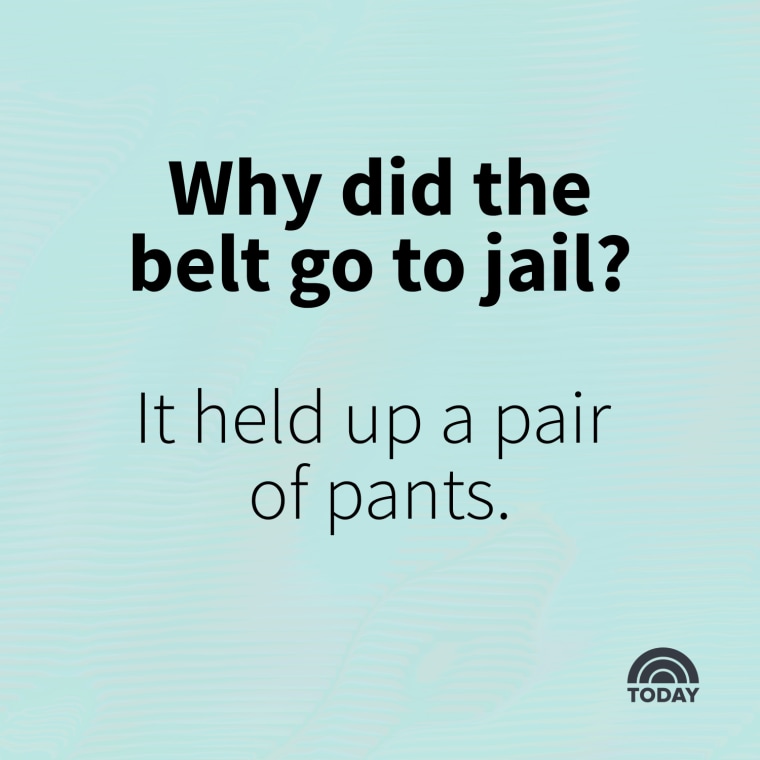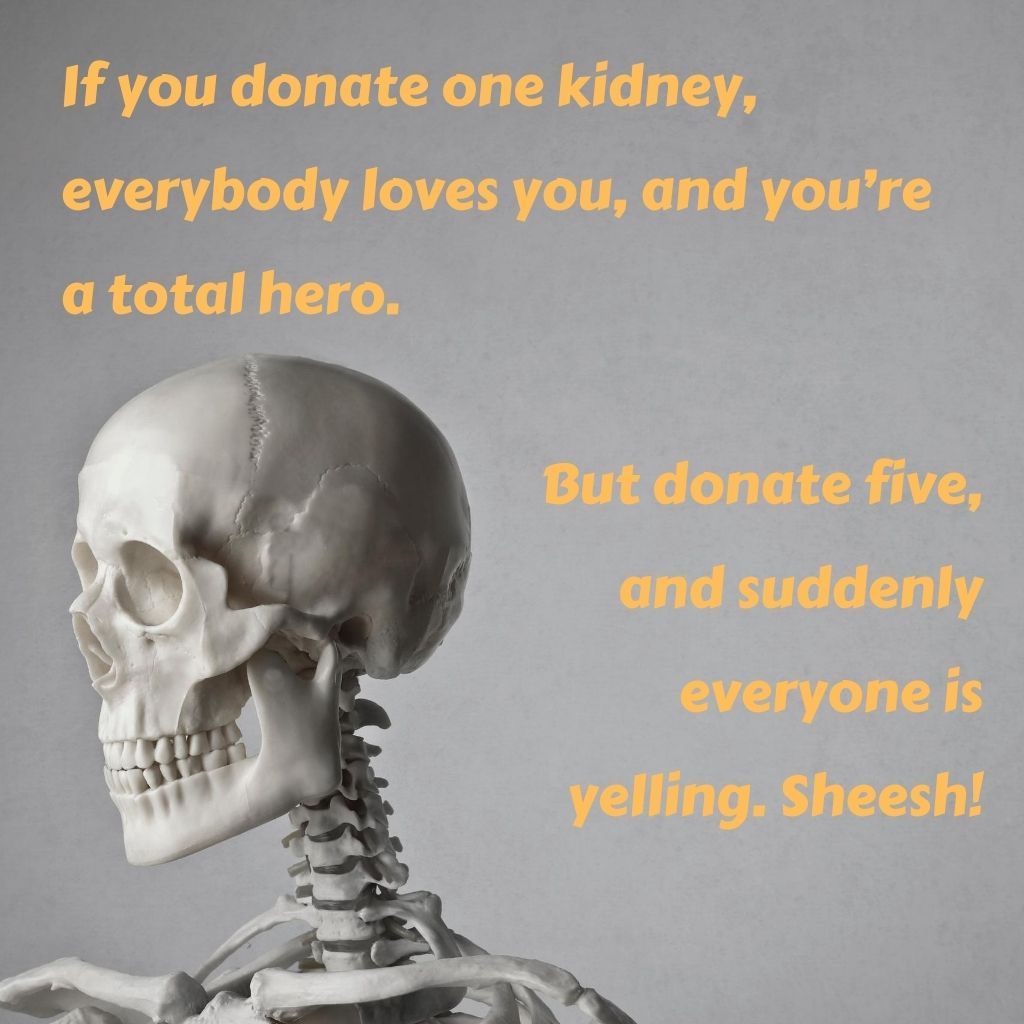Do you ever find yourself scrolling through endless content, searching for a good laugh, only to be met with the dreaded "We did not find results for:" message? The quest for humor, particularly the kind that pushes boundaries while still tickling your funny bone, is a journey fraught with peril, but it can also be incredibly rewarding.
The internet, a vast ocean of information, offers a dizzying array of comedic options. From the meticulously crafted one-liners that have stood the test of time to the fleeting viral sensations that dominate social media for a fleeting moment, the landscape of humor is ever-evolving. The pursuit of the perfect joke, the one that elicits a genuine belly laugh, is a universal human experience. But what happens when the algorithm fails, when the search engines stumble, when the quest for amusement leaves you wanting? Thats where the real adventure begins, a deep dive into the unexpected corners of comedy.
Let's consider a hypothetical individual whose life's work has been dedicated to comedy, a master of the craft, navigating the complexities of humor in the digital age. Let's call him/her/them "The Comedian."
| Category | Details |
|---|---|
| Full Name (Hypothetical) | The Comedian (Could be a stage name or real name) |
| Date of Birth | (To be decided, but let's say) October 26, 1970 |
| Place of Birth | New York City, New York |
| Nationality | American |
| Marital Status | (To be decided, let's say) Married |
| Education | B.A. in English Literature, University of California, Los Angeles (UCLA) |
| Known For | Stand-up comedy, television appearances, comedy writing, social commentary |
| Career Highlights | Multiple sold-out comedy tours, successful television shows, awards for comedy writing |
| Professional Affiliations | Writers Guild of America, Actors' Equity Association |
| Notable Works | (To be filled, e.g., Comedy specials, TV series, films) |
| Influences | (To be filled, e.g., George Carlin, Joan Rivers, Richard Pryor) |
| Website (Example for reference) | www.examplecomediansite.com (This is a placeholder, replace with a real website) |
The landscape is complex. The pursuit of humor, especially the kind that borders on the controversial, often treads a fine line. There are the jokes that resonate universally, the ones that speak to shared human experiences and vulnerabilities. Then there are the jokes that test the boundaries of taste, that explore the darker corners of the human psyche. The challenge for any comedian, especially those who dare to venture into the realms of "offensive or shocking" humor, lies in the nuanced balance between provocation and genuine comedic value.
Consider the "113 best jokes of all time". This suggests an attempt to curate the very best, a list built on consensus and widespread appeal. What does this compilation consist of? Are they carefully constructed observations on life, or are they simply the funniest jokes, the ones that most frequently garner laughter? The criteria for inclusion are critical. A joke, even one that earns a place on a "best of" list, is subject to the context in which it's delivered and the audience that receives it.
Then theres the dog humor. The sheer volume of dog-related jokes, the 57 dog jokes that will leave you laughing and begging for more, speaks to the inherent appeal of canine companions. These are jokes meant to be universally accessible, built on the love and affection we have for these animals. Humor derived from pets is generally a safe bet, built on a foundation of shared experiences and common affections.
The digital world amplifies humor in extraordinary ways. The "Get readers digests read up newsletter for more humor, travel" speaks to the power of curated content. Newsletters, social media feeds, and dedicated websites all serve as purveyors of humor, delivering jokes, memes, and comedic observations directly to the audience. The speed at which content spreads is astonishing, and the potential for jokes to go viral, to reach millions, is greater than ever before. But this velocity also introduces challenges, including the spread of misinformation, the potential for jokes to be misinterpreted, and the blurring lines between humor and offense.
It's critical to look at jokes which are potentially offensive and shock, the ones that lean into potentially sensitive topics. "See top 10 racist jokes from collection of 525 jokes rated by visitors. The funniest racist jokes only! If you don't wanna get offended, don't read the jokes." This framing is very specific. These jokes, if they exist, aren't designed for everyone. They come with a clear warning label. This isnt humor for the faint of heart. This kind of content requires a different type of engagement from the audience. The motivation behind creating or consuming it is worth consideration.
The humor that deals with "offensive or shocking" content often relies on the element of surprise, the unexpected twist, or the deliberate transgression of social norms. In such cases, the comedian takes a risk. Humor of this nature is often designed to make the audience uncomfortable, to force them to confront their biases or reconsider their assumptions. It can be deeply insightful, but it can also be hurtful and divisive.
Dark humor, as exemplified by "Dark humor jokes about family" can delve into subjects that are typically considered taboo. It's humor that derives its comedic power from the uncomfortable, the tragic, or the morbid. These jokes are not always intended to elicit outright laughter; they can also prompt reflection, making the audience reconsider the complexities of life. The context in which these jokes are deployed is critical. A joke about family, for instance, might fall flat if family dynamics are generally viewed as sacred. If there are shared family experiences of dysfunction and trauma, however, a dark joke might actually hit home.
Humor, like all forms of art, has its roots in the human experience. The stories of childhood, such as I was raised as an only child. It was very frustrating for my older sister, provide a starting point for comedy. Experiences such as this are often relatable, and the resulting humor comes from the shared experience of growing up. These jokes often play on the realities of familial relationships and the eccentricities of sibling dynamics.
The anecdote about the child burning down the house provides a stark example of dark humor. When a kid burned down his house, his father watched, put an arm around his wife, and said, \u201cthat\u2019s arson.\u201d The humor here comes from the juxtaposition of a horrific event with a dry, understated observation. The father's comment is the comedic punchline, highlighting the absurdity of the situation. It is likely an example of a dark joke and relies on the shock value.
It is worth noting that the article's initial prompt includes the phrase, "We did not find results for: Check spelling or type a new query." This demonstrates a common frustration when navigating the information superhighway: The search engine has failed to provide the requested information. This is a problem in the digital age; it's particularly relevant when one's pursuit is something as subjective as humor. The search queries, and the search engines' responses, reflect the ephemeral nature of humor. Humor is highly subjective. What makes one person laugh may leave another completely cold.
The internet is an incredibly powerful tool, providing access to limitless information, but it also has its limitations. The quest to find the perfect joke, to find the right kind of humor, is an ongoing process. It's a journey of exploration, discovery, and a willingness to embrace the unexpected. The key is to keep searching, keep listening, and to be open to the possibility of laughter, even in the most unlikely of places. Even when the search results read, "We did not find results for: Check spelling or type a new query."
And, of course, there's the age-old advice about trying something new. The story of "The doc told a man that masturbating before sex often helped men last longer during the act. the man decided, 'what the hell, i'll try it.'" This kind of humor is based on shared experiences and the inherent awkwardness and absurdity of human relationships and intimate behaviors.
Finally, the very fact that this article is "Sourced from reddit, twitter, and beyond!" demonstrates the broad range of source material available to the modern writer. Social media platforms, blogs, and online forums are constantly generating and circulating comedic content, influencing our culture and our shared sense of humor. The best jokes are often born from the unpredictable nature of human interaction and communication.


